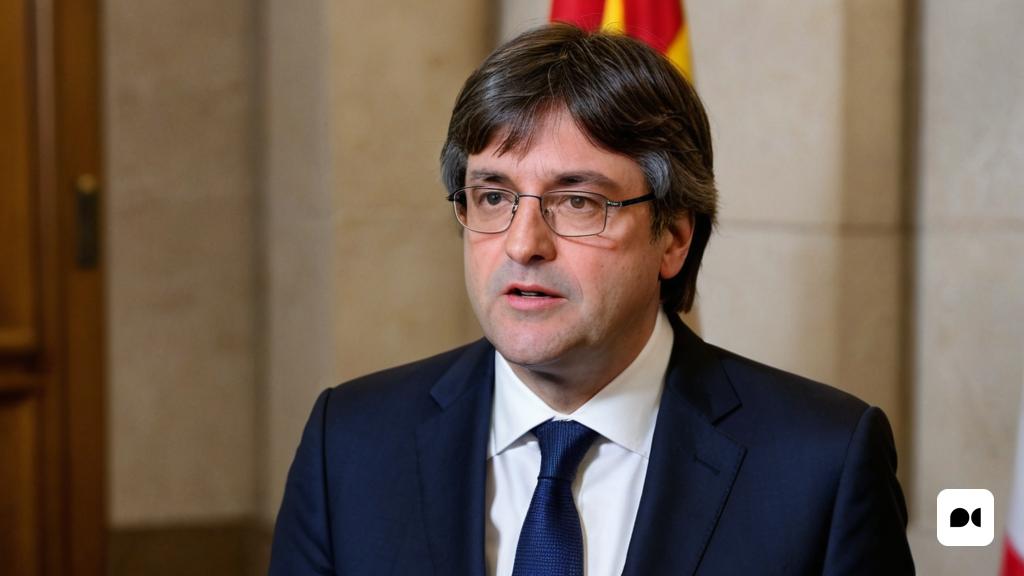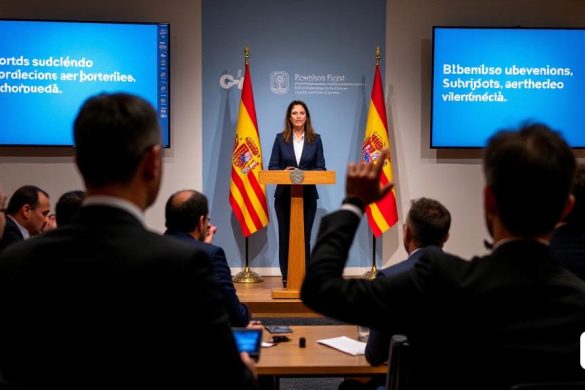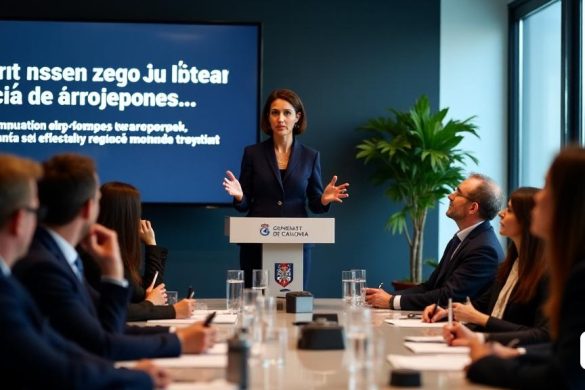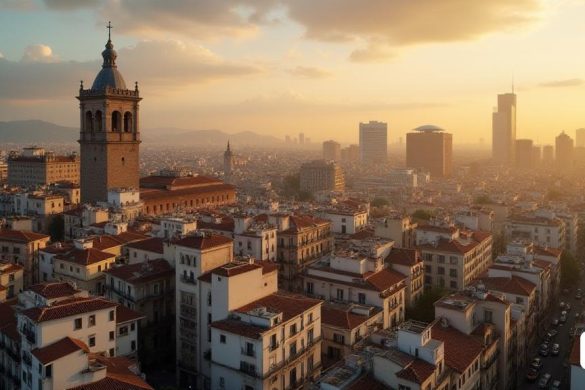The president in exile and candidate of Junts+ for the presidency of the Generalitat
Carles Puigdemont, who has already made it clear that he will present himself at the investiture, has responded to the PSC and defended his legitimacy to try to form a government. He said this after the mayor of Santa Coloma and spokesperson for the Catalan Socialists, Núria Parlon, demanded that Puigdemont rely on the “principle of reality” because, as he assured in an interview this morning, “there is no alternative majority to the one represented by Salvador Illa”. “Everyone has the right to try to form a government, if they think they can gather parliamentary support that will allow them to do so,” he emphasized in a comment on the X social network.
Puigdemont recalls past examples
Puigdemont recalled that Artur Mas won the elections in 2006 and obtained 6 more deputies than the 42 that the PSC obtained this Sunday, but “he could not govern” because the Socialists re-edited the tripartite with José Montilla as president with an absolute majority of 70 deputies. This is not the only example that Puigdemont puts on the table, and he cites other more recent ones such as that of Jaume Collboni at Barcelona City Council. “Last year, Collboni lost the Barcelona City Council elections and became mayor thanks to a pact with the PP, and he has a minority government.”
Puigdemont defends his legitimacy
He also remembers that the president of the Spanish government, Pedro Sánchez, lost the last Spanish election, which was won by the PP. “Despite having presided over the Spanish Government for four years, and today he remains in the governing position in a minority”, emphasizes the president in exile, who considers it “very incoherent and strange” that his legitimacy is being discussed for doing “the same thing” . “To disqualify it from the start, especially by those who have always benefited from this game and consider that criticizing it is not recognizing the legitimacy of the resulting government, is a mistake”, he concluded.
Puigdemont aspires to be president
Puigdemont has announced that he will present himself at the investiture because he sees himself with options to be president. In a press conference in Algiers, the Junts+ candidate made it clear that his goal is to form a coalition government with ERC, which could gather between 55 and 59 seats depending on whether or not the CUP joins the pact.
The president in exile and his team have already set to work to “establish a negotiating framework if there is a possibility to do so” and Puigdemont explained, without wanting to go into details, that he has established contacts with the republicans to make a first “exchange of opinions”. Likewise, he made it clear that he will ask the Parliament to know “how many supports each candidate has for the investiture”, referring to Salvador Illa’s announcement to run, and remarked that “there we will know if the PSC candidate counts with the supports of the PP”. A support that could blow up the support for Madrid and the negotiation with an international mediator.




